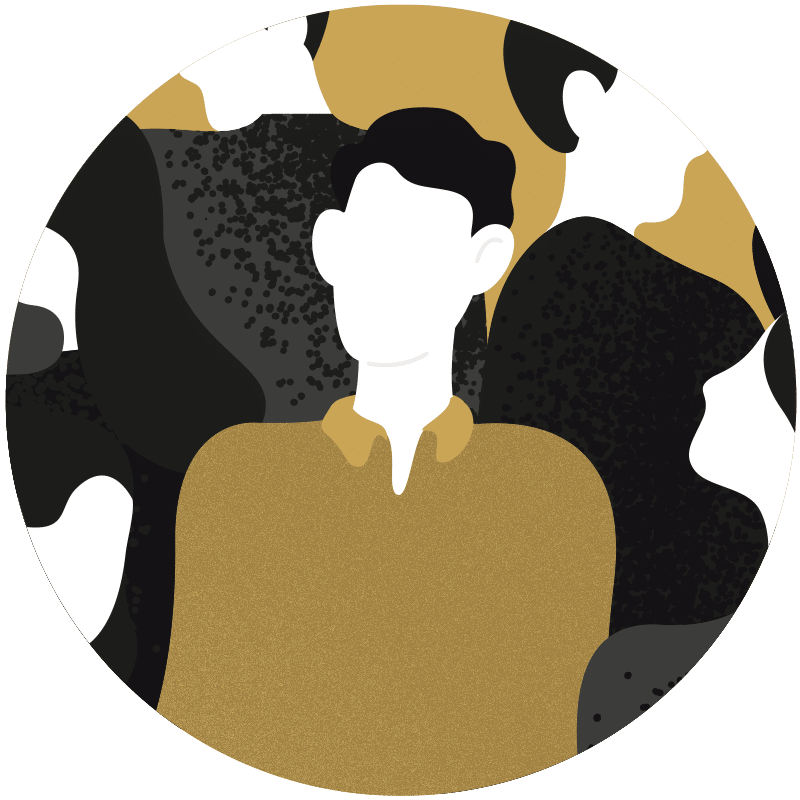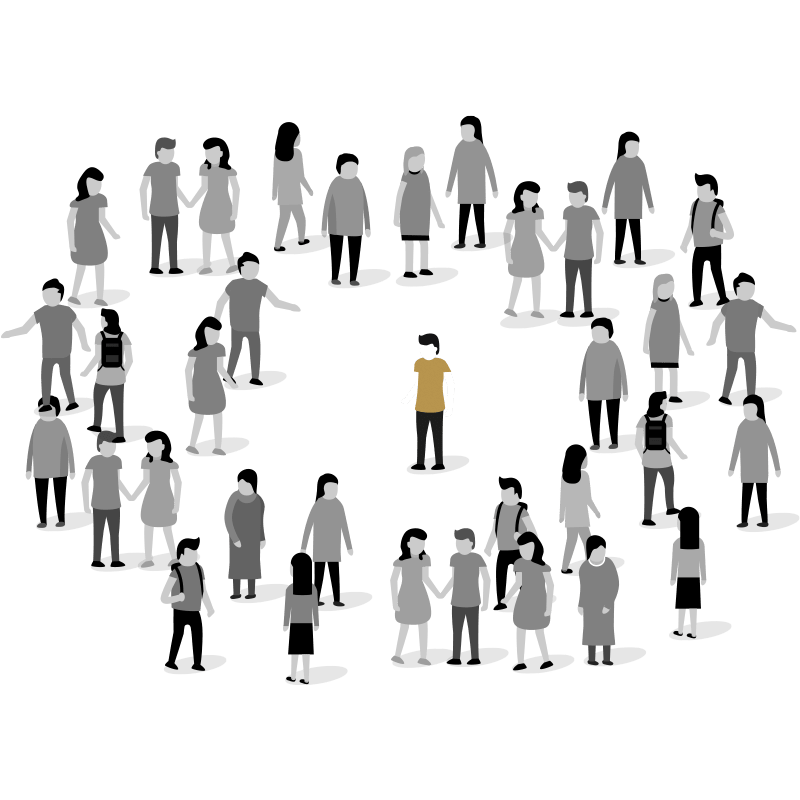Considerate (at times for a fault - i.e. letting everyone pass in lines, gets “stuck” holding doors open)
Uncomfortable and somewhat awkward in groups
Needs a lot of “personal space”
Awkward and uncomfortable in crowded places such as elevator, lines etc
Very confident and often outgoing when “having a role” - a host, a teacher, a lecturer, wearing uniform anything that gives them a sense of being part of the group by some artificial denotation
Cannot be relaxed and themselves in public no matter how common the situation (neighborhood grocery store, coffee shops)
When in “comfortable zone” can be quite charming and funny





